Mad Anthony Announce New LP of Lost Recordings (Circa 1975), Share ‘Rina’ Single
Cincinnati, OH-based rock band Mad Anthony is resurfacing with a release of a series of lost 1975 recordings, compiled together as ‘The Lost Tapes’ (out Spring 2023 via Earth Libraries).
As a first look into the project, today, the band shares a brand new single entitled ‘Rina’. The piano-driven track rolls by like a Sunday afternoon cloud, as Richards calls out plaintively to a woman left behind and forgotten by another man.
Speaking on the single, Benjamin Schwab wrote the following: “The inspiration behind ‘Rina’ is a romance my dad had with a girl named Rina when he was visiting Israel in the 70s. My dad wrote the song and plays piano/sings harmonies and my uncle Carl sings the lead vocal. ‘Rina’ is my favorite song off the Mad Anthony album. Really excited the world finally gets to hear this”.
Rays of late-afternoon sun drip through the rafters of an old barn in Santa Barbara, California. It’s early 1975 and three recent transplants from the Midwest sit surrounding a single microphone, acoustic strumming and rapturous harmonies filling the airy space. John K. Schwab, Larry Dotson, and Carl “Mad Anthony” Richards had made a name for themselves in the Ohio club scene, going as a trio by Richards’ outlandish nickname. And while this recording session was theoretically going to provide the demos to garner that big break, the record deal and international tour never materialized. Instead, the recording did eventually reach the ears of an important listener: Schwab’s son, Ben, now a musician himself with the bands Drugdealer and Sylvie, the latter of which takes direct influence from his father’s band. And after seven or so years of Ben’s convincing, and over 40 years of the recordings going largely otherwise unheard, the elder Schwab and his bandmates decided it was time. Introducing ‘The Lost Tapes’ (due in 2023, via Earth Libraries).
“I used to tell my son, “You can play all the hot licks, be the Eddie Van Halen of your neighborhood, but nothing will last as long as a good song”, Schwab says. “We didn’t have the ability to properly record in 1975, but Ben reminded me that it’s the quality of the songs that matters, not the recording”.
Mad Anthony developed their immaculately honeyed and breezy style first in Cincinnati, Schwab joining Richards and Dotson, who had been previously working together in other bands. At first, the trio made the rounds at bars and clubs playing covers of The Birds, The Beatles, Jackson Brown, and Crosby, Stills & Nash. But as their reputation for soaring harmonies and whip-tight arrangements grew, Mad Anthony disbanded before coming back together in southern California to take their next steps. Between their time in the barn and piano tracking in a studio in the San Fernando valley, Mad Anthony pieced together enough material for 8 achingly beautiful tracks that tragically sat unlistened to for decades.
Not long after recording those demos, Dotson moved to Florida, essentially ending that era of the band. Schwab and Richards would work with an array of other musicians as Mad Anthony, moving away from acoustic-driven sound and towards a bigger rock formation until Schwab returned to Ohio a few years later. But while variations of the group came and went, ‘The Lost Tapes’ contains the sole recordings of the core trio, tracks written and sung by each member in a charming fusion of voices, live to tape as if directly in the room.
The cyclical ‘Babe’ exhibits three voices interwoven with serene precision, a veil of acoustic guitar figures fluttering in the breeze. Though it may not have had the gloss of a professional studio, the barn recordings retain an amicable warmth, thanks in part to the classic Shure SM-57 microphone the trio left at the center of their formation. “We needed to use the kind that Roger Daltrey used”, Schwab remembers with a laugh. Particularly impressive as well is the effortless manner in which the trio’s fingerpicked guitars loop around each other, all straight to a two-track recorder.
Elsewhere, the piano-driven ‘Rina’ rolls by like a Sunday afternoon cloud, as Richards calls out plaintively to a woman left behind and forgotten by another man. Written in honor of a Mad Anthony roadie, ‘Take Care of Yourself’ provides another highlight, the stair step chord progression granting a resonant foundation for a deeper vocal register and heartfelt lyrics of hope and inspiration: “And if it’s yours to become/ It is you who must learn/ To take care of yourself”.
In addition to the crackles and pops you might expect from a vintage two-track recording, the choice to retain the three musicians counting each other in and chatting before the song begins perfectly complements the homespun warmth of the album’s ten songs. Built on waterfalls of fingerpicking, the graceful ‘Nobody Knows’ exemplifies that intimacy, the acoustic guitars playfully chasing each other around the barn as the trio’s harmonies dive and arc. The tender ballad ‘Someday’, meanwhile, adds a flute solo to amplify Schwab’s lovelorn vocals.
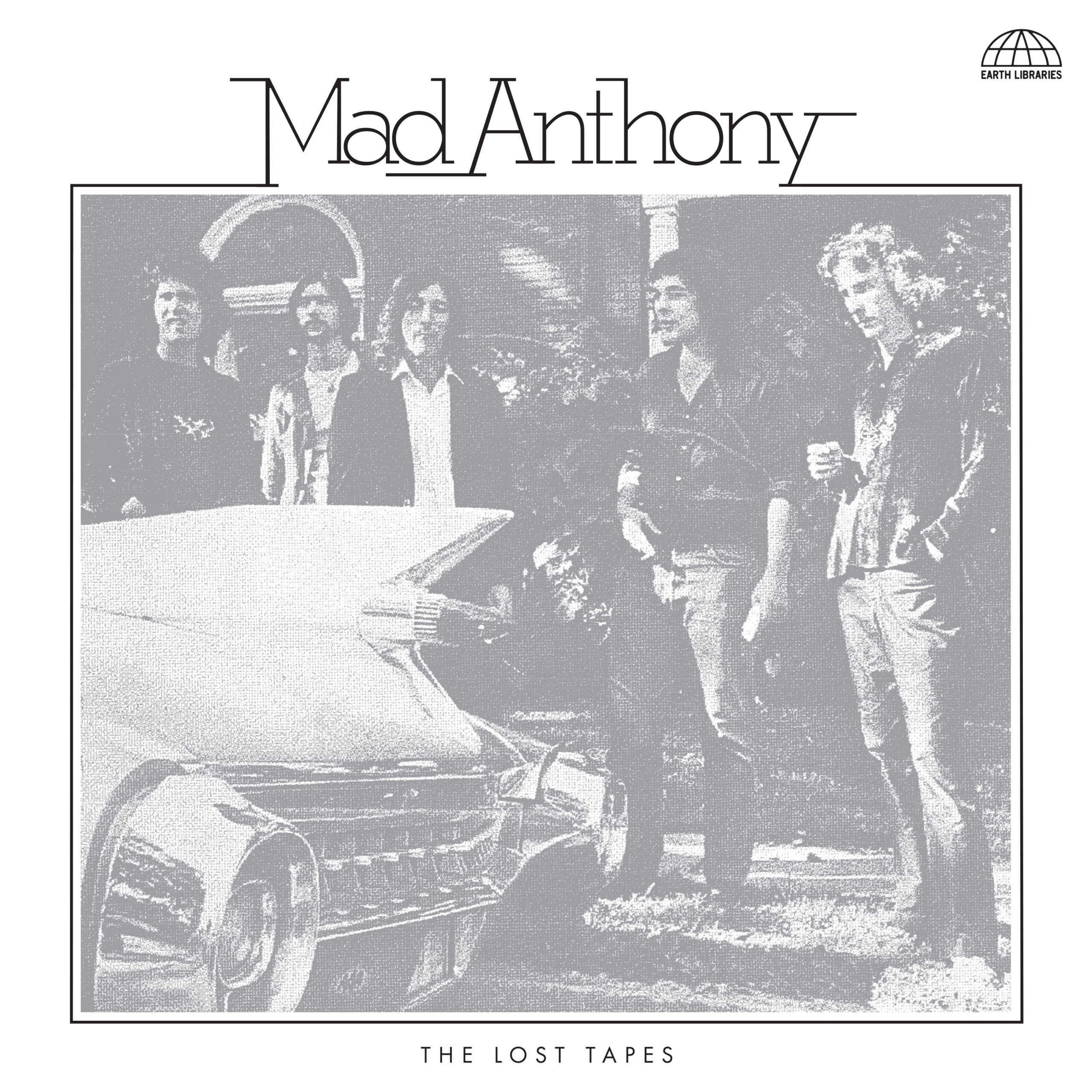
Though Ben Schwab knew about his father’s band, he only recently first heard ‘The Lost Tapes’ and insisted it needed to be shared with the world. “He was adamant about his friends, the people in his circle, and musical friends getting the chance to hear these songs”, Schwab says. In the years since they played together, Dotson had passed away, and Richards and Schwab aren’t able to connect as much as they’d like. But even decades later, they’re elated that The Lost Tape will finally reach listeners. “It’s truly the three of us at the peak of our symbiosis”, Schwab says. Like uncovering a lost treasure from a golden era of California soft rock, ‘The Lost Tapes’ beckons listeners in to pull up a stool in that old barn and let the beautiful melodies surround.
Lior Phillips
Headline photo: Terry Hammond
Earth Libraries Official Website / Facebook / Instagram / Bandcamp / YouTube / SoundCloud / Spotify

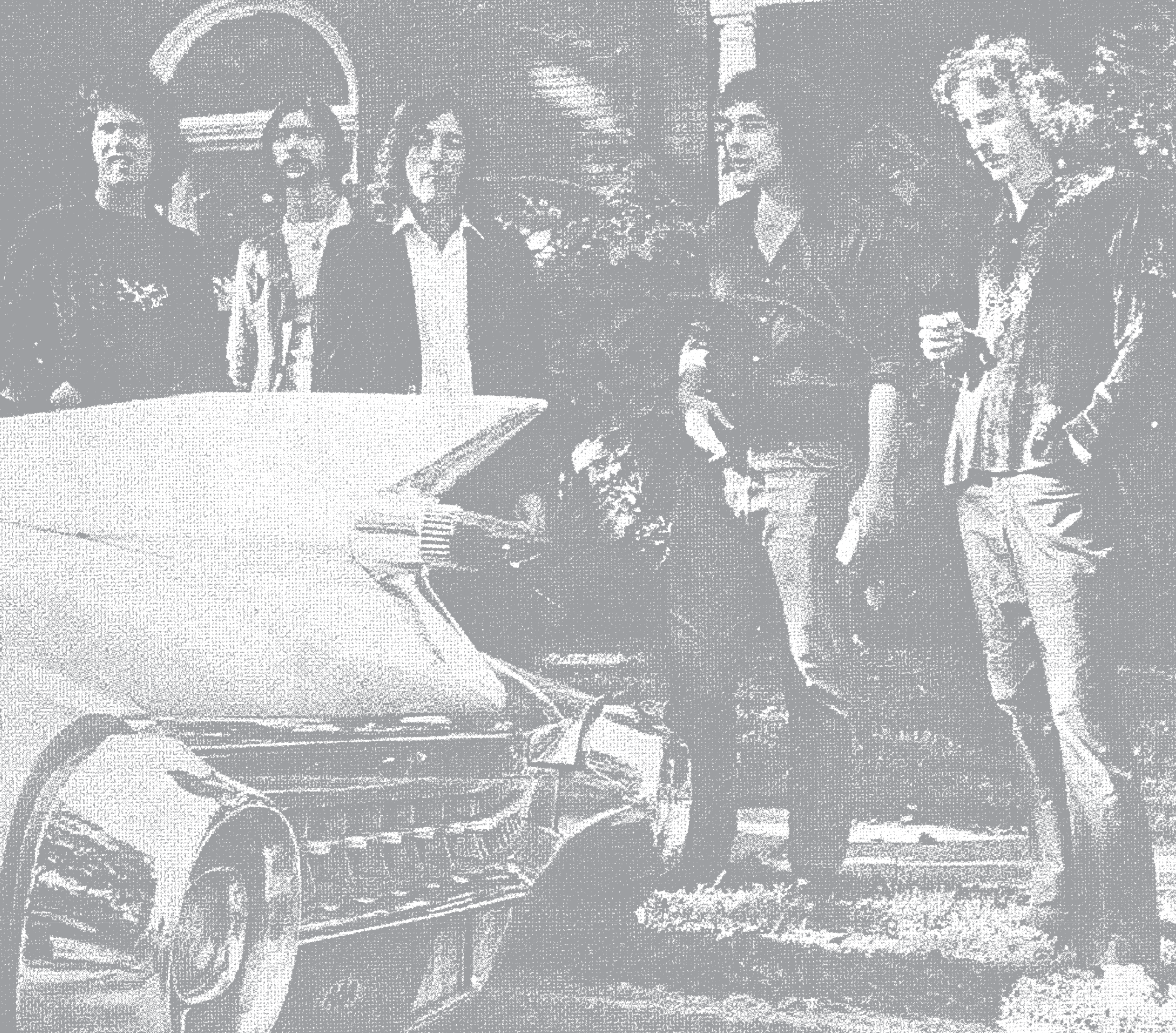
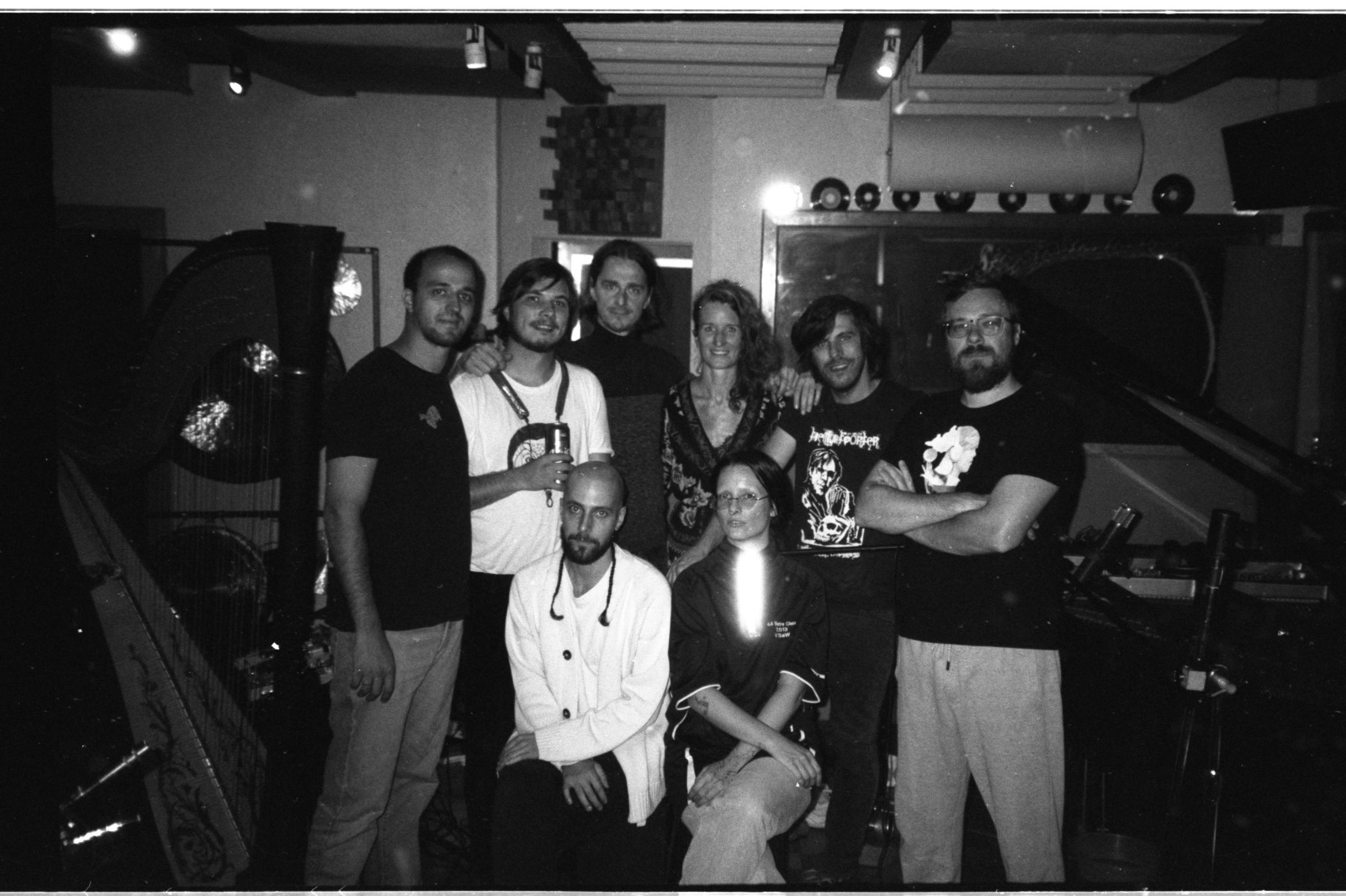
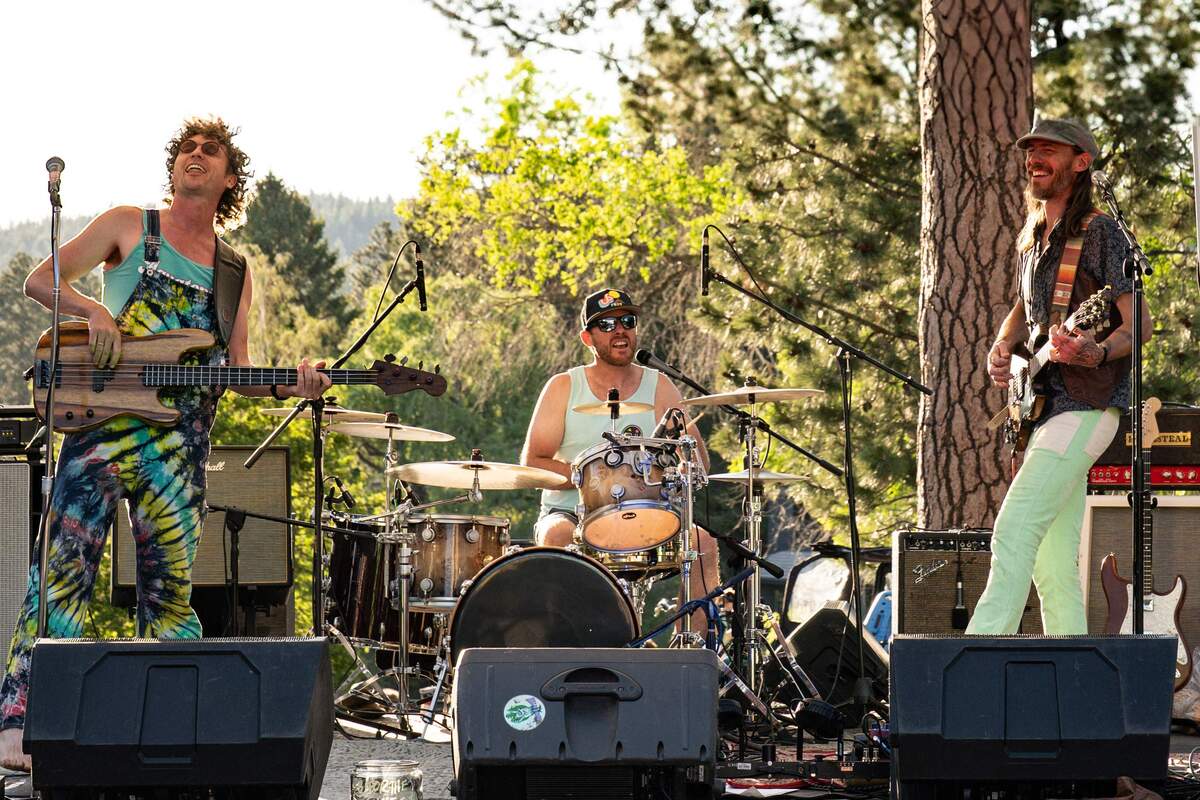
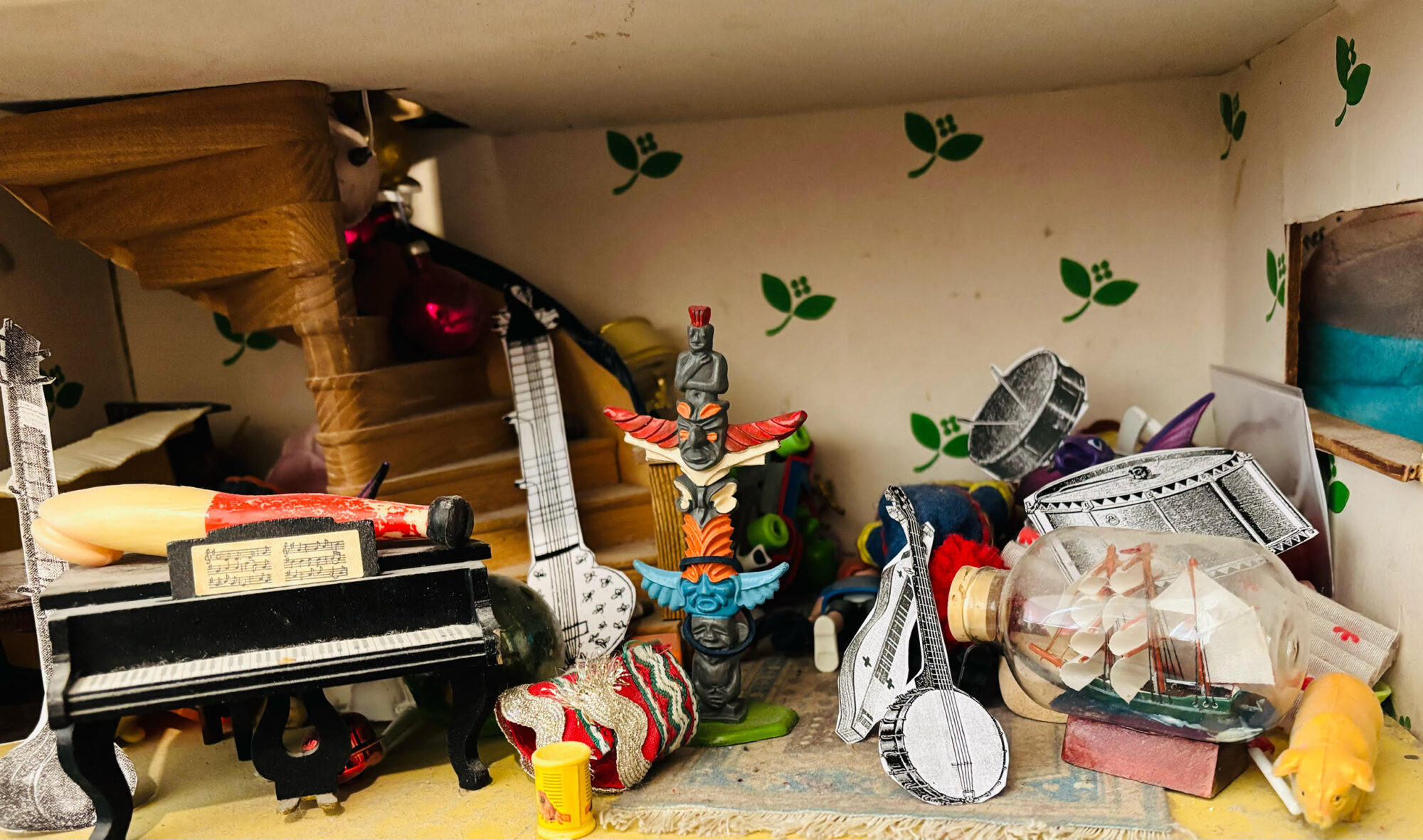
I knew Carl and Larry quite well, and went to school with Carl’s younger brother Dave. The two brothers sang in a Parkersburg band called the Pastels, which specially in what was then called “soul music.” I met Carl and Larry in the very late sixties when they were in a Parkersburg band called “Plastic Mourning,” which – after a move to Cincinnati – morphed into “Play,” another great band.